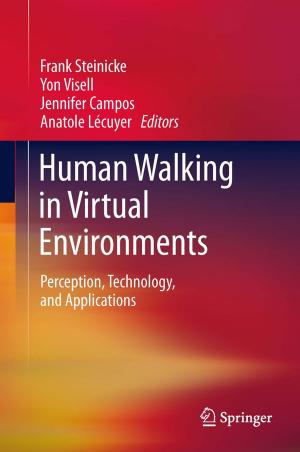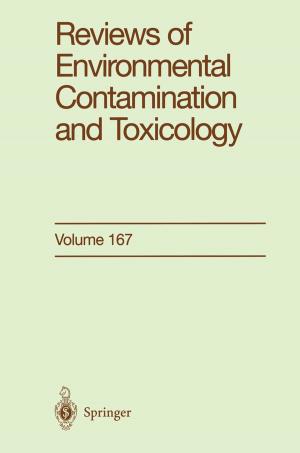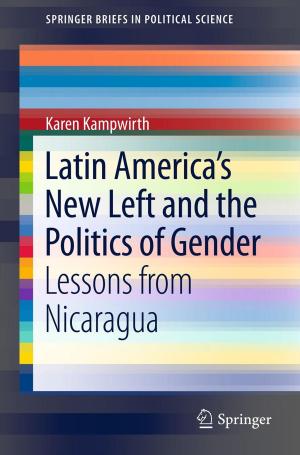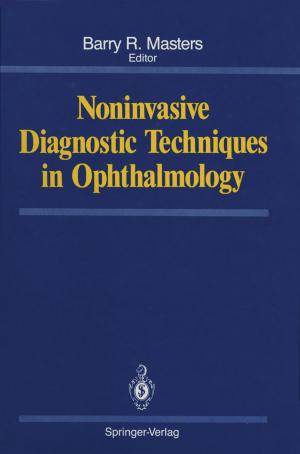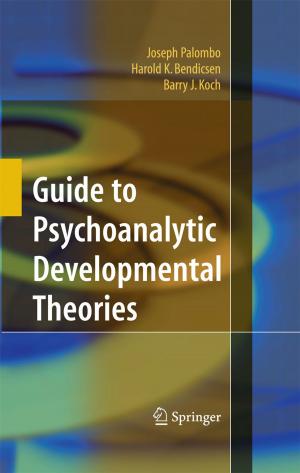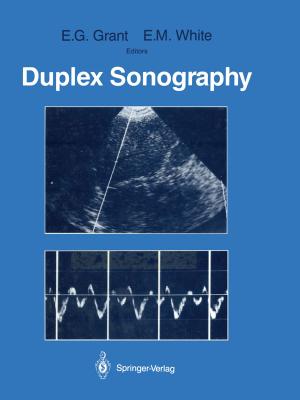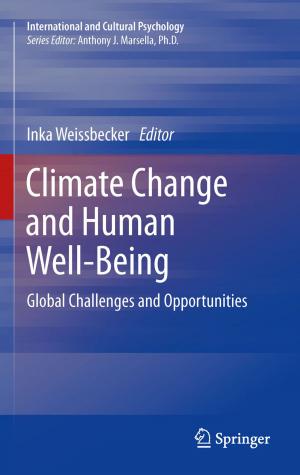Old Growth Urban Forests
Nonfiction, Science & Nature, Science, Biological Sciences, Ecology, Technology, Agriculture & Animal Husbandry| Author: | Robert E. Loeb | ISBN: | 9781461405832 |
| Publisher: | Springer New York | Publication: | August 26, 2011 |
| Imprint: | Springer | Language: | English |
| Author: | Robert E. Loeb |
| ISBN: | 9781461405832 |
| Publisher: | Springer New York |
| Publication: | August 26, 2011 |
| Imprint: | Springer |
| Language: | English |
Millions of urbanites never see primeval forests during their lives except for the old growth forests found in urban parks. Unfortunately, these forests are on the verge of disappearing because arboreal reproduction is lost to human trampling and park administrators and urban foresters do not maintain these “natural” forests.
To aid urban foresters and park managers in meeting the challenges, research on old growth forests in urban parks is synthesized in terms of historical ecology to introduce the methods utilized to reveal long-term forest composition changes. The case study of three stands in Fairmount Park, Philadelphia, PA relates pre-chestnut blight tree species densities and post-chestnut blight arboreal changes to fire and visitor trampling. The information gained on how urban old growth forests have developed and changed is used to develop restoration ecology based frameworks to restore species composition and address challenges to forest survival including invasive species.
Millions of urbanites never see primeval forests during their lives except for the old growth forests found in urban parks. Unfortunately, these forests are on the verge of disappearing because arboreal reproduction is lost to human trampling and park administrators and urban foresters do not maintain these “natural” forests.
To aid urban foresters and park managers in meeting the challenges, research on old growth forests in urban parks is synthesized in terms of historical ecology to introduce the methods utilized to reveal long-term forest composition changes. The case study of three stands in Fairmount Park, Philadelphia, PA relates pre-chestnut blight tree species densities and post-chestnut blight arboreal changes to fire and visitor trampling. The information gained on how urban old growth forests have developed and changed is used to develop restoration ecology based frameworks to restore species composition and address challenges to forest survival including invasive species.

